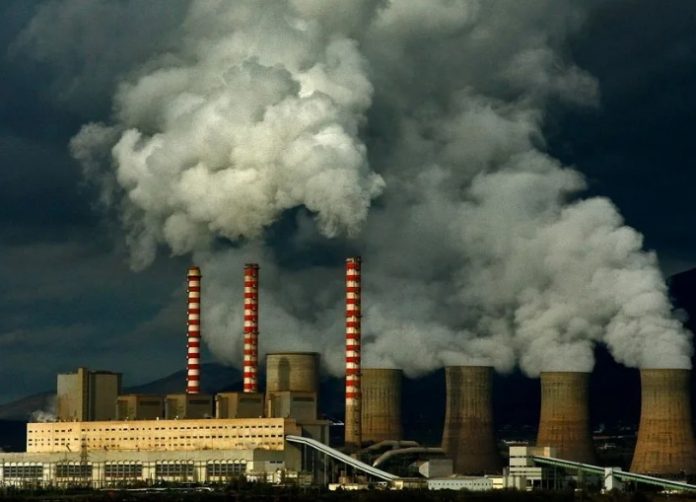According to a new report by Climate Action Network (CAN), Kosovo and Serbia, Bosnia and Herzegovina have not met the targets outlined in their National Energy and Climate Plans (NECPs), IntelliNews reports.
These three countries – as well as Montenegro and North Macedonia – have significant coal-fired power plants but have committed to reducing emissions. The CAN report emphasised that these countries were dependent on outdated and inefficient coal-fired power plants, making the transition to renewable energy more difficult.
The report also criticises the potential switch to gas as outlined in the NECPs. The authors of the report believe that this reliance on fossil fuels undermines the appropriateness of carbon pricing policies, which are not sufficiently elaborated in the NECPs. The report says:
“While commendable efforts have been made in drafting the NECPs, there is substantial room for improvement in their final versions. Notably, while the avoidance of investments in new coal generating capacities is a positive step, the absence of a concrete coal phase-out strategy is concerning. Minimal efforts to reduce reliance on coal by 2030 are insufficient for significant greenhouse gas reduction. Persistent dependence on an outdated and inefficient coal fleet hampers the much-needed transition to renewable energy sources in the region, further complicated by the potential transition to fossil gas as indicated in the NECPs. This undermines the feasibility of implementing carbon pricing policies, which are inadequately addressed in the NECPs.”
CAN Europe director Chiara Martinelli said:
“With a heavy reliance on coal, the region needs to establish clear and immediate coal phase-out dates and implement corresponding policies. The outdated and polluting coal technology hampers the energy transition in a time where renewable investments are growing more and more. This moment is also an opportunity to ensure a socially and environmentally just transition that must be reflected in the final NECPs to bring the region closer to the EU.”
Kosovo and Serbia produce about 90 per cent and 70 per cent of their electricity, respectively, from outdated coal-fired power plants supplemented by hydro, wind and solar power. Bosnia, which is the only electricity exporter in the region, generates up to 60 per cent of its electricity from coal-fired plants and the rest from hydro sources, according to IntelliNews.
The report criticises the lack of detailed information on capacity scale, sectoral uptake and comprehensive grid integration strategies, despite the fact that the countries’ NECPs set out common green energy transition goals and commitments to stop investment in new coal-fired capacity. Bosnia’s plan to retain the Tuzla-4 and Kakanj-5 coal-fired plant units even after reaching the 20,000 operating hour’s threshold raised concerns.
Kosovo lacks a comprehensive strategy for phasing out lignite, a type of coal common in the region. Expectations that coal-fired power plants will continue to operate beyond 2040 have also raised concerns. The report notes that the lack of a strategy represents a critical gap in Kosovo’s decarbonisation commitments, IntelliNews reports.
The report calls on Serbia to set more ambitious energy efficiency targets in line with its commitment to achieve climate neutrality by 2050. CAN Europe’s energy and climate policy coordinator for Southeast Europe, Viktor Berishaj, told a presentation of the report, according to a CAN press release:
“While making progress in their energy transition, the Western Balkans’ draft NECPs require significant improvements and revisions. Inclusion of credible and cohesive policies in the final NECPs by June 30, 2024, is essential, serving as a milestone to ensure that the 2030 climate and energy targets pave the way for climate neutrality by mid-century. This deadline is not merely procedural; it represents a critical opportunity for the Western Balkans to align with the EU’s energy and climate framework, actively contributing to Europe-wide climate neutrality.”
